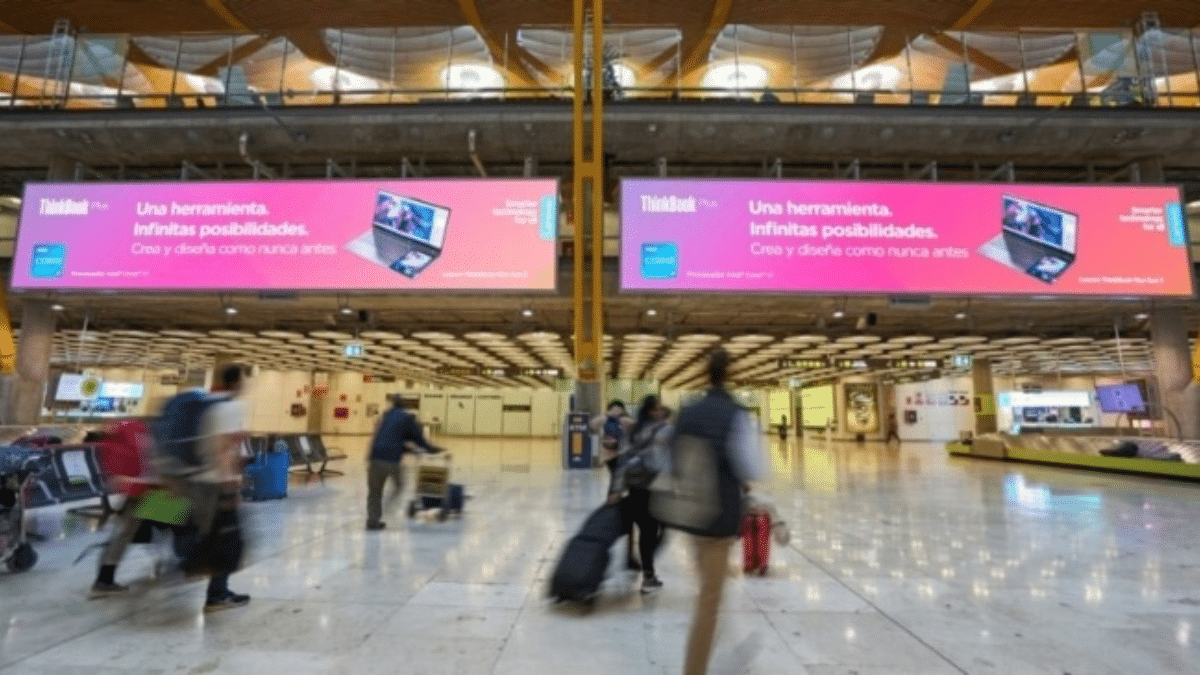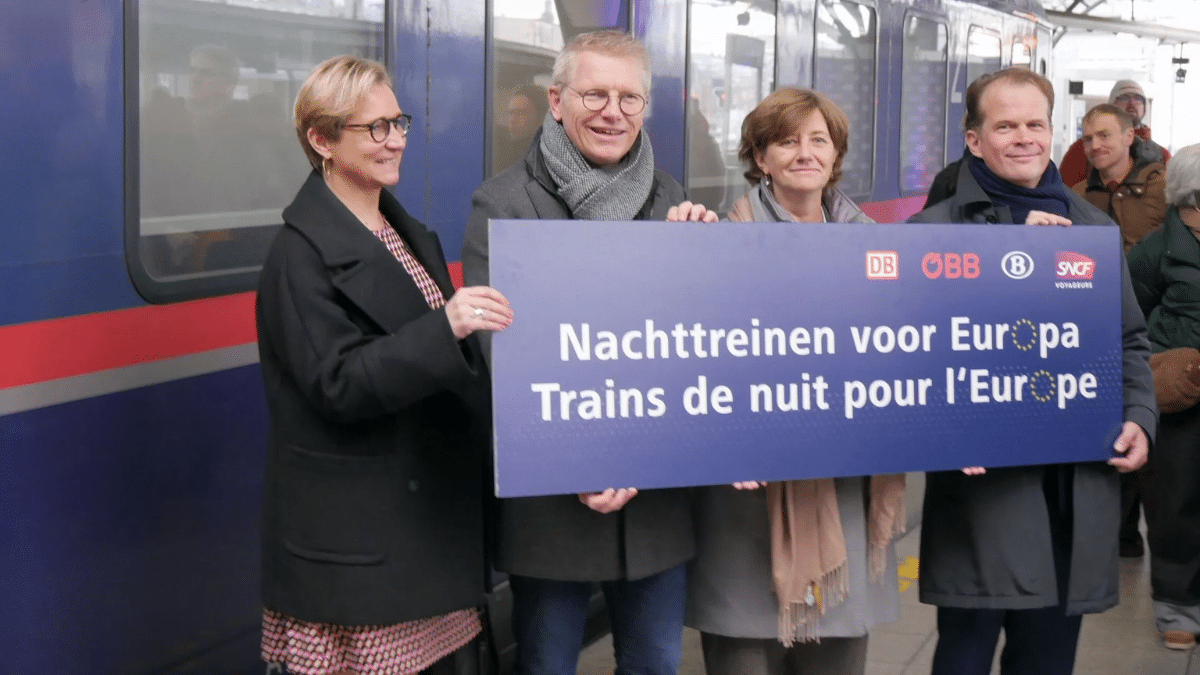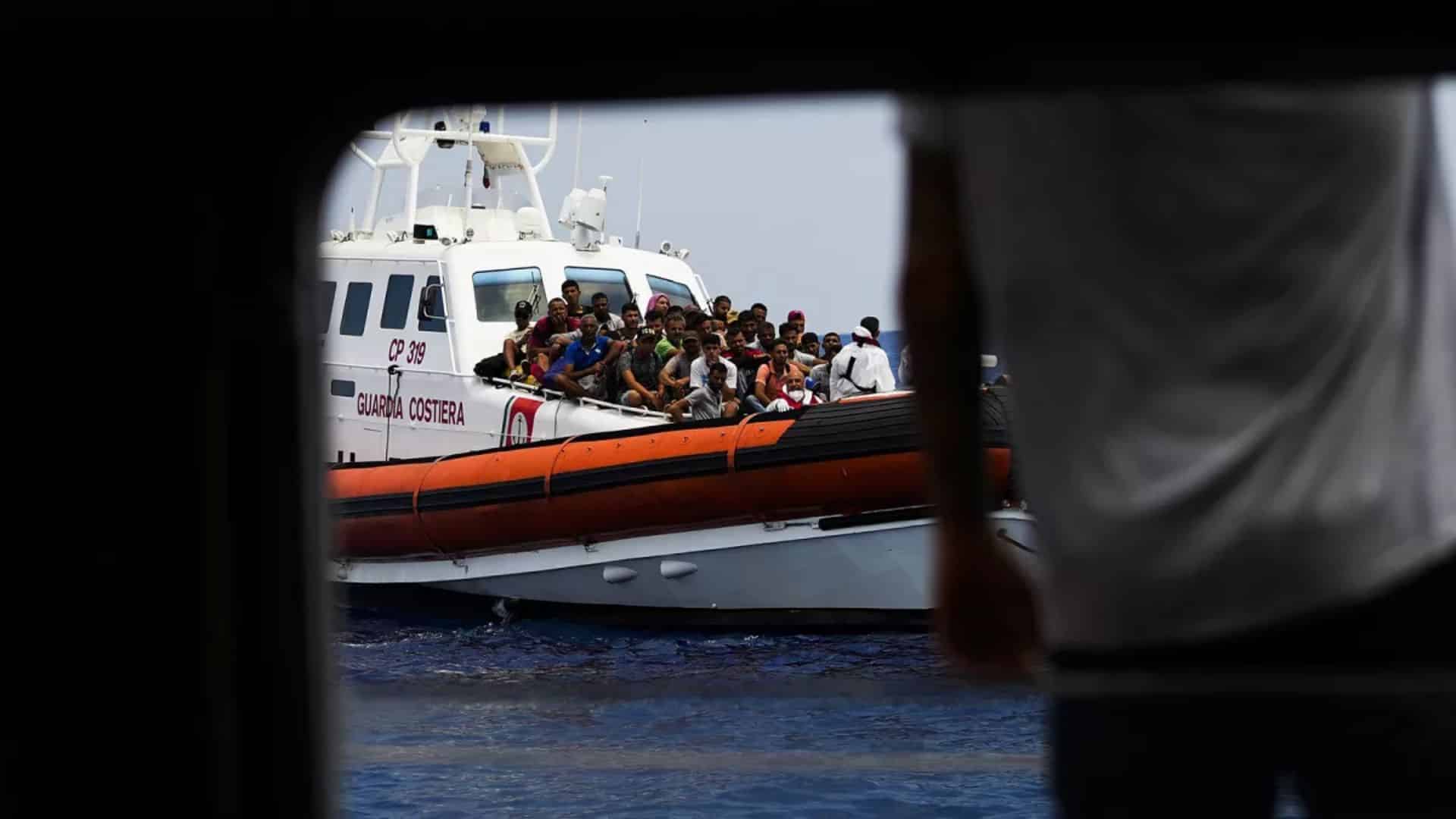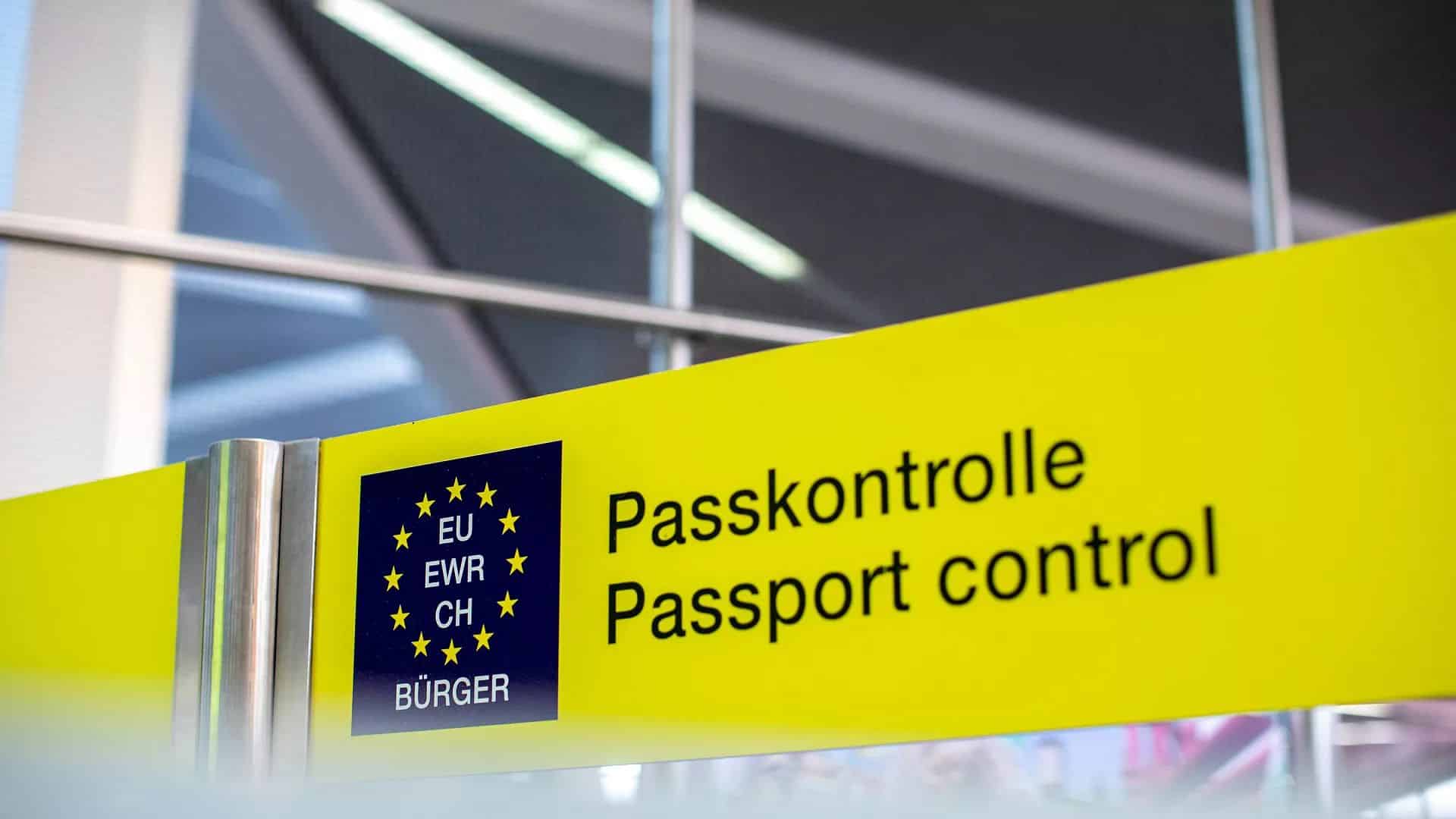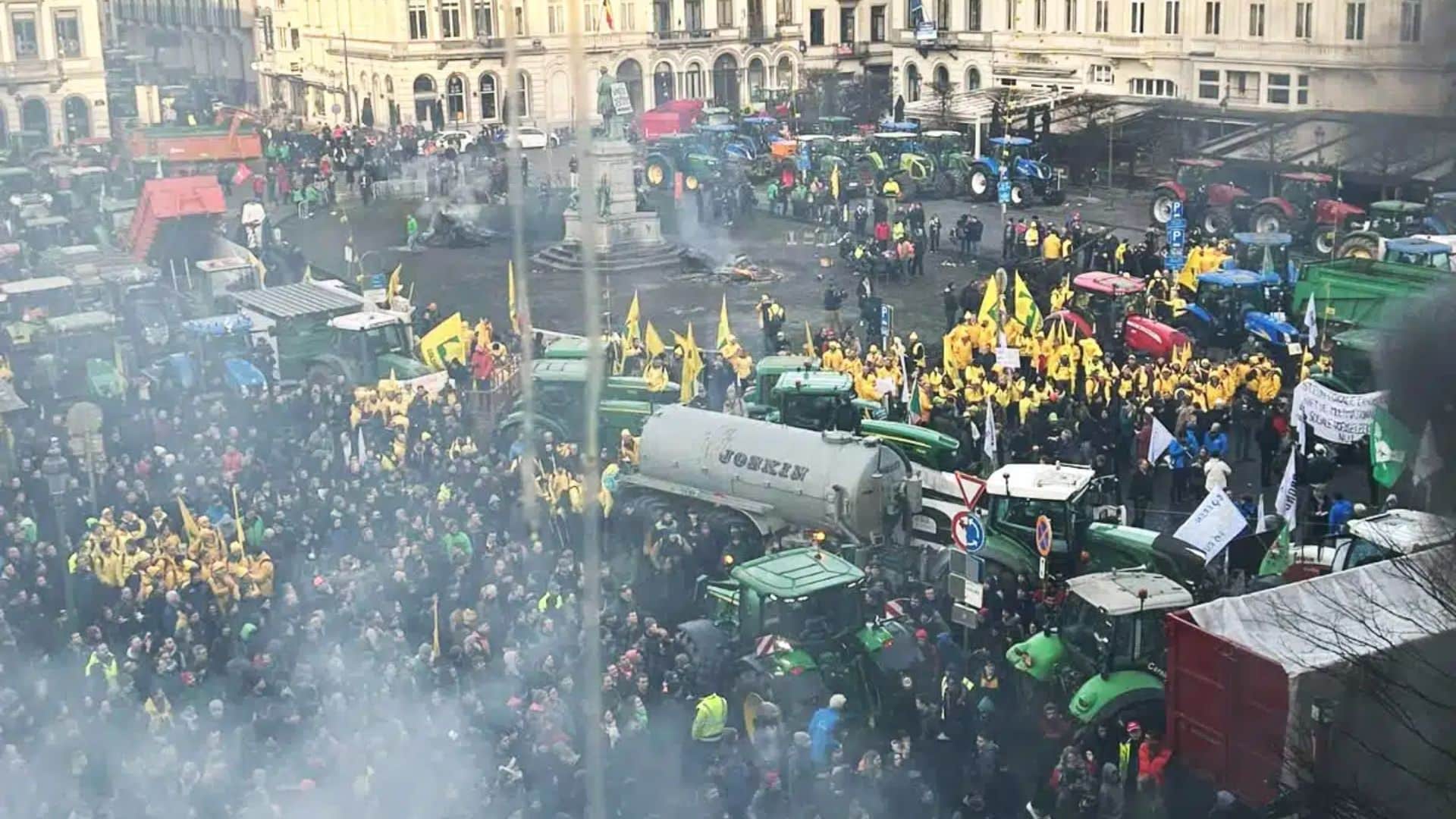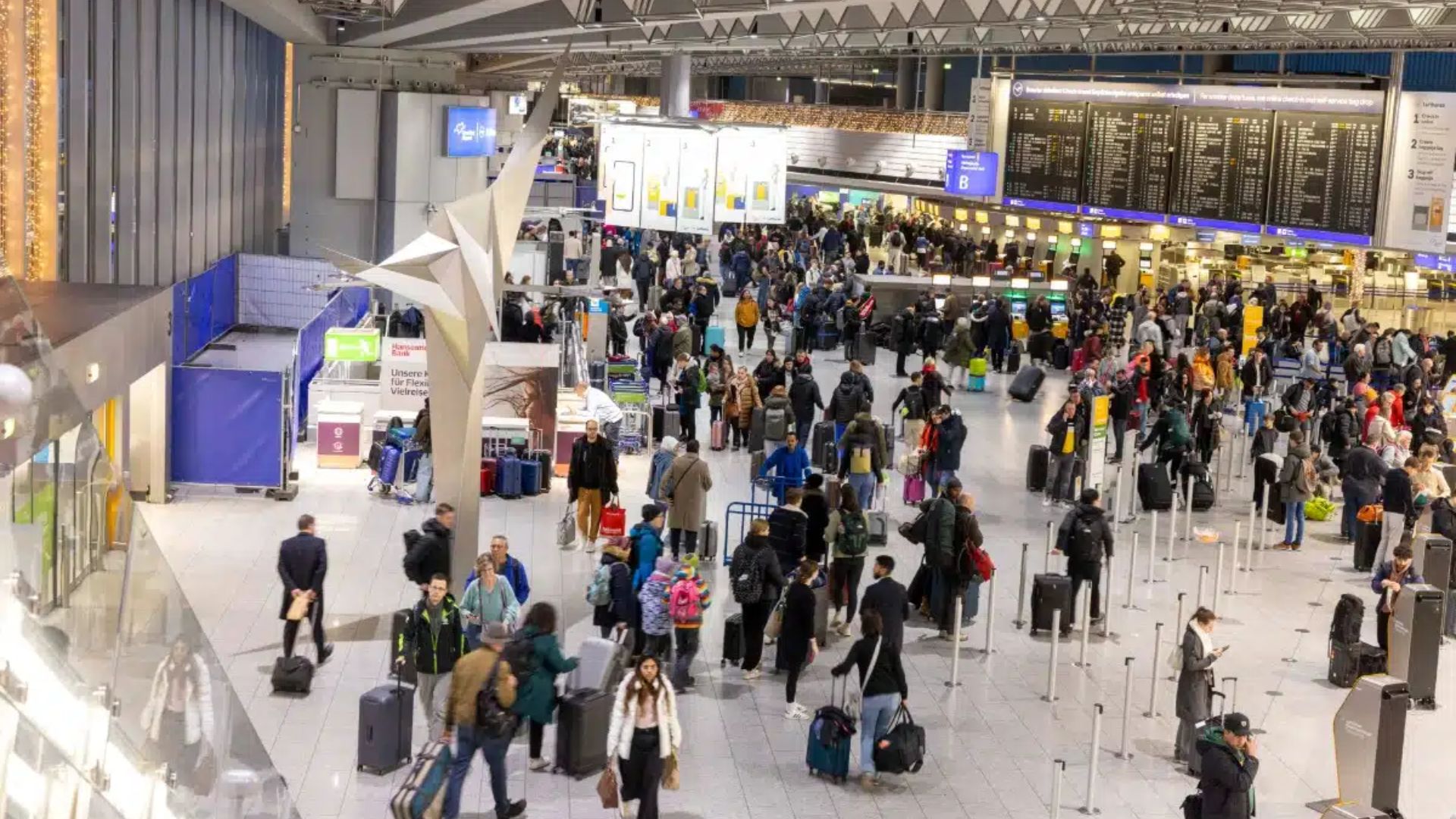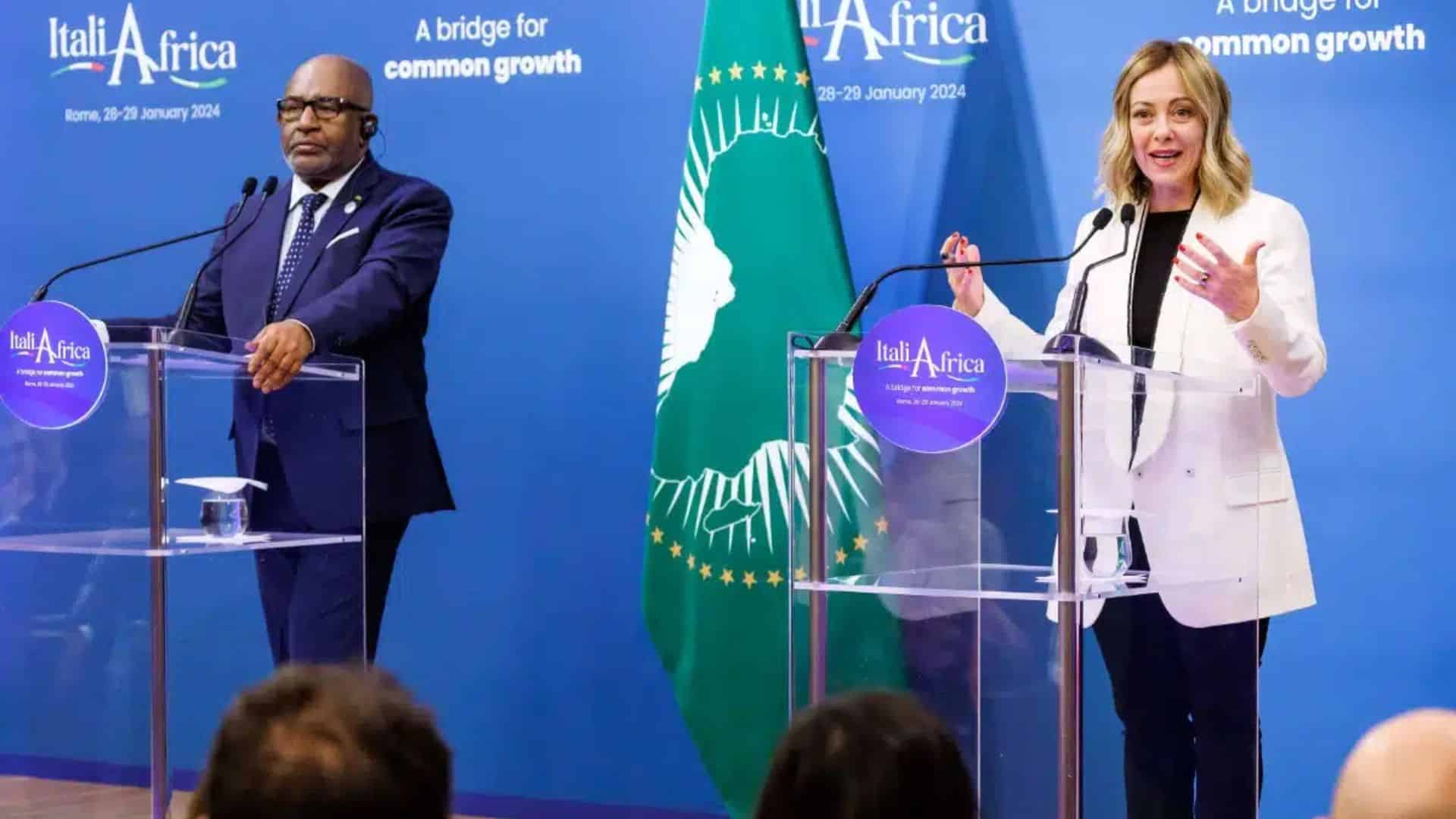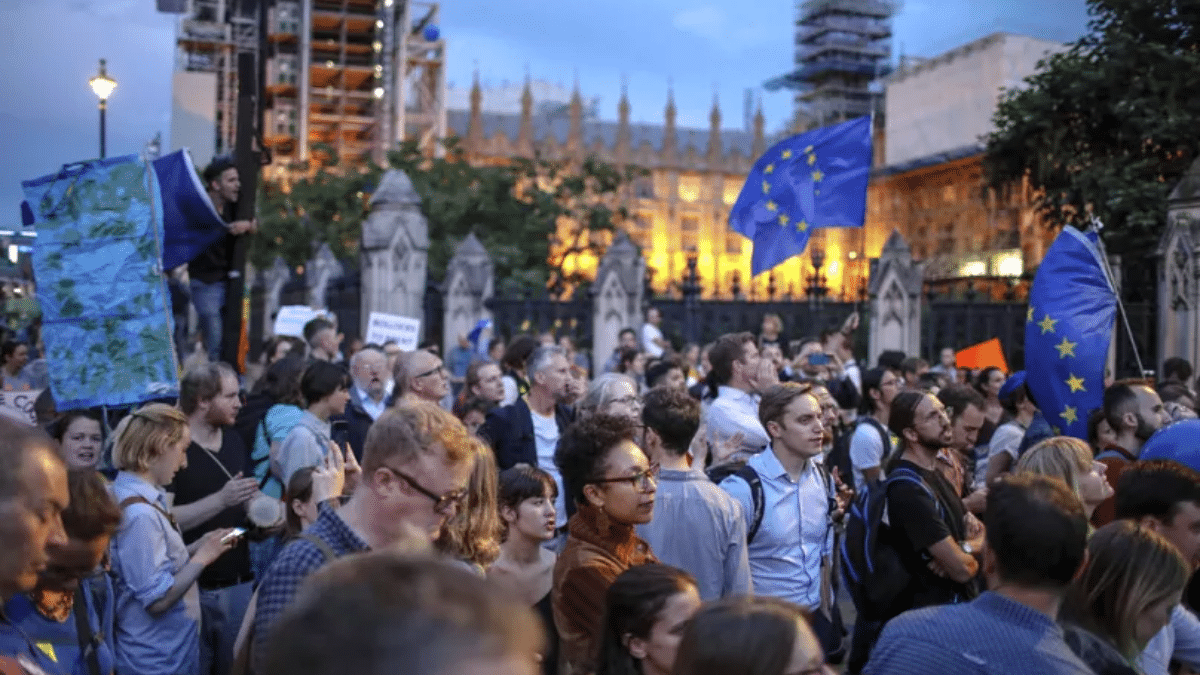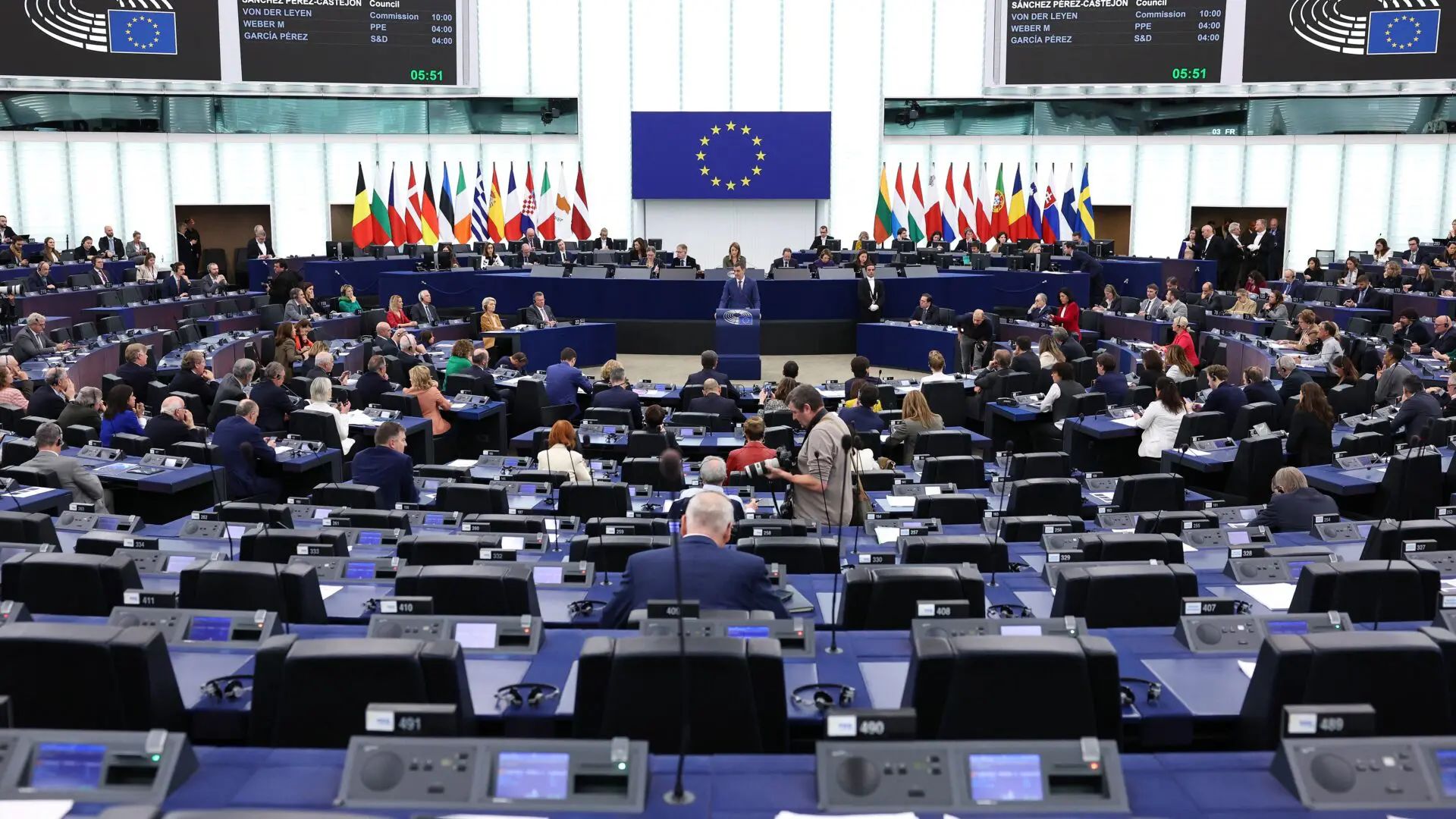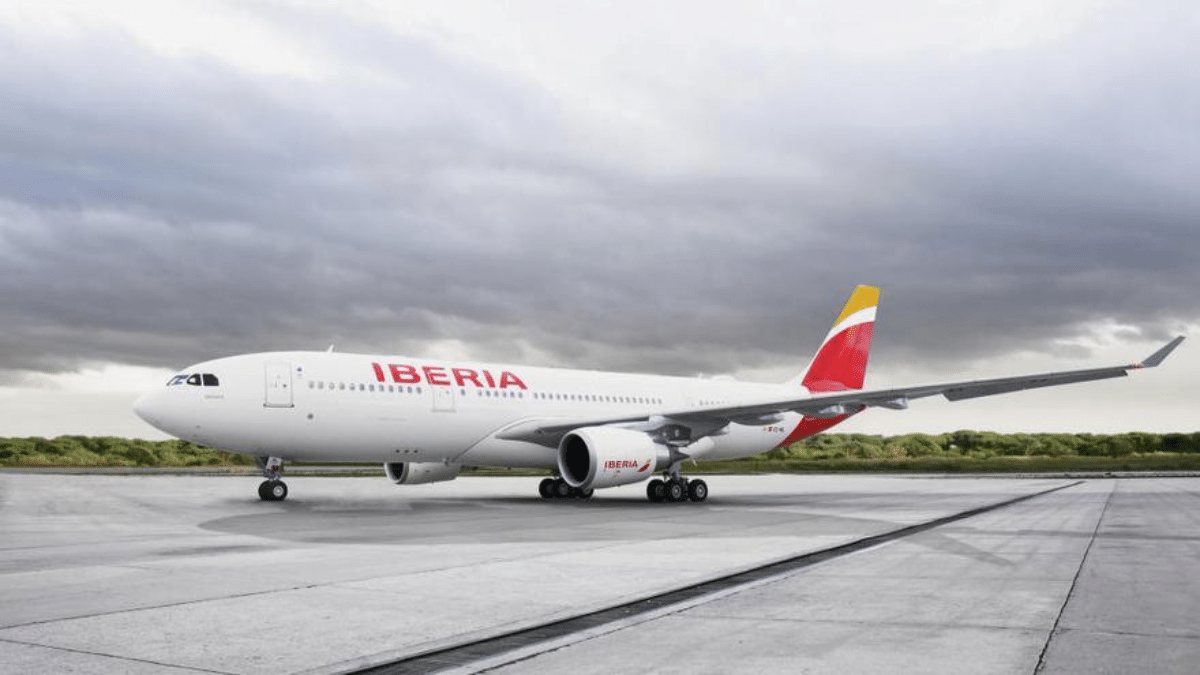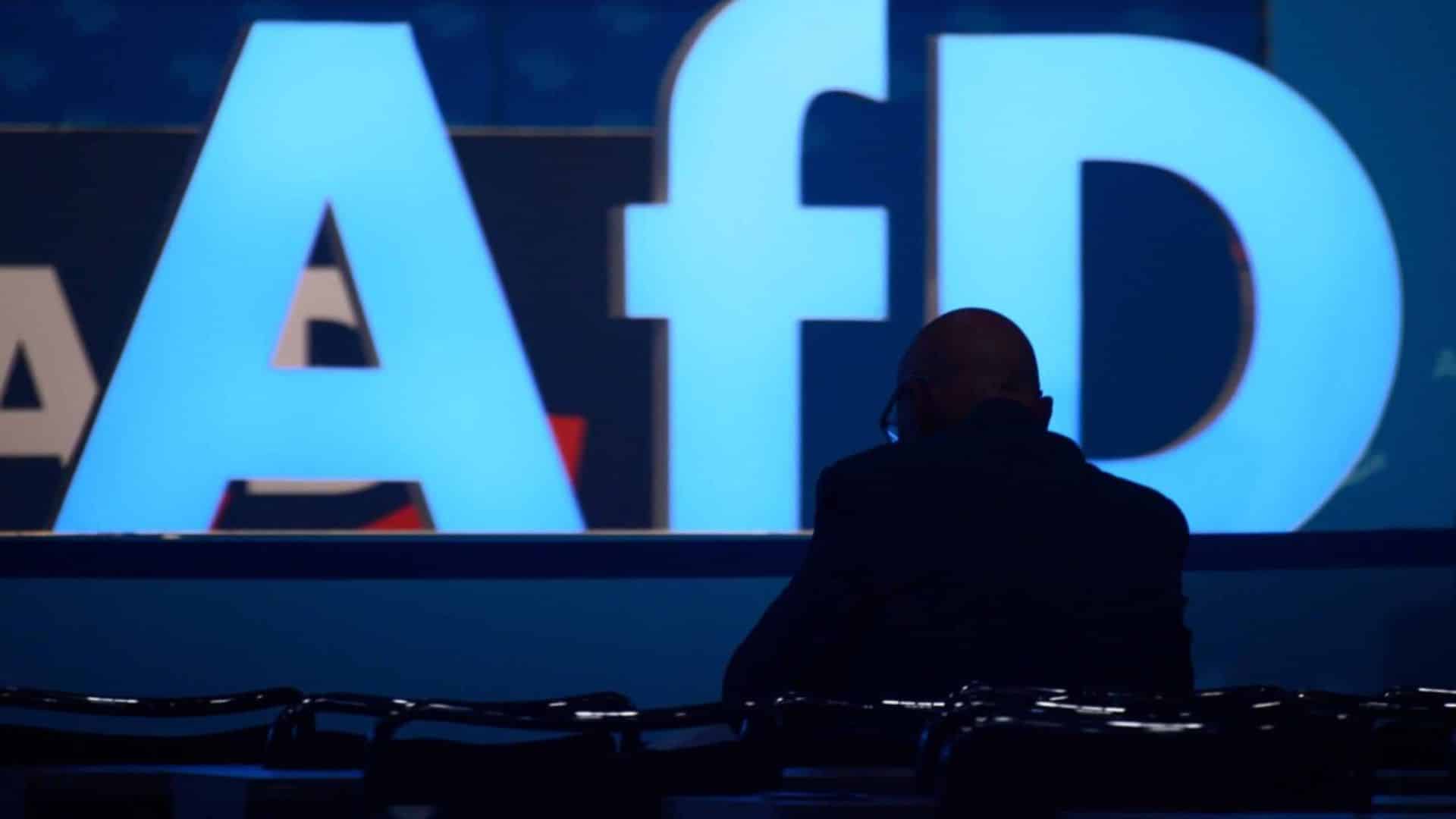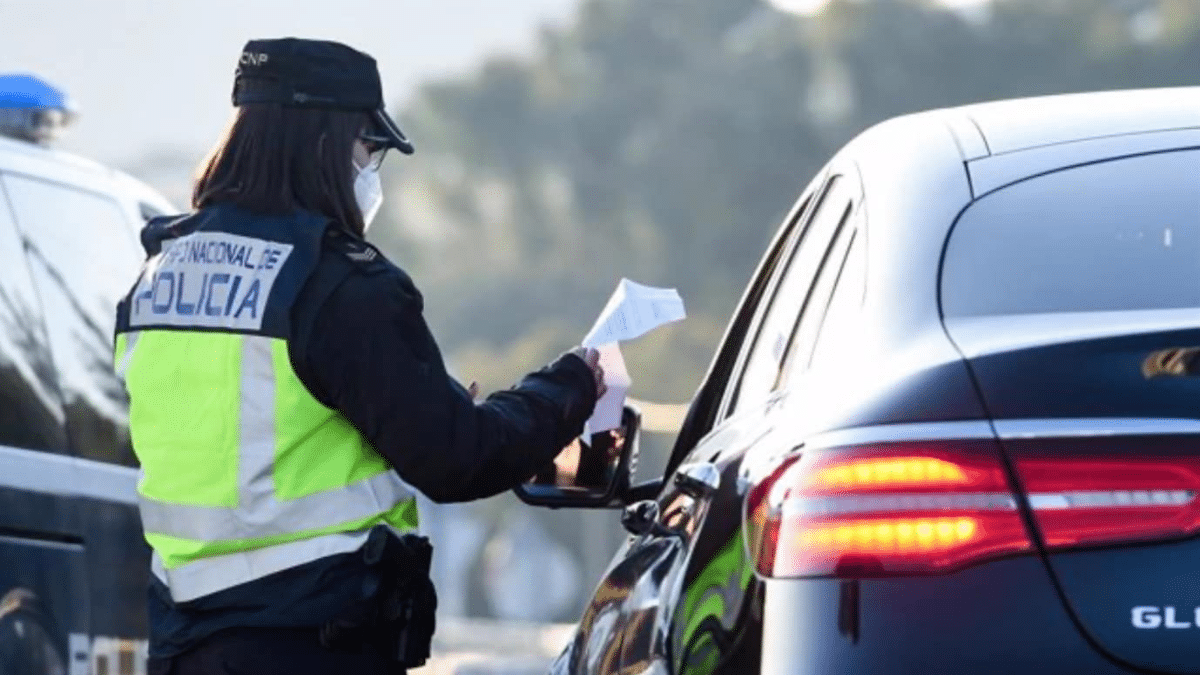
Traffic opens criminal proceedings against Venezuelans for non-recognition of their validated driving licences
When Miguel López, a Venezuelan resident in Spain, drives past a police checkpoint, he can’t help but get nervous. “There is always the fear that they will report an incident to me again,” he says.
Miguel spent two weeks in detention after the police told him that his driving licence, which he had already exchanged in order to be able to use it in Spain, was a forgery.
“And this despite the fact that it was not one of the officially issued ones, not self-printed and laminated,” he says.
His is one of the numerous criminal cases that the Directorate General of Transit and the police authorities have opened against Venezuelan residents on the grounds that their driving licences or permits are forgeries.
This consideration arises in most cases from the fact that the documents have been issued in digital format by the Instituto Nacional de Transporte Terrestre, the competent Venezuelan authority, for the beneficiaries themselves to print or laminate.
Some of those affected have suffered deprivation of liberty, precautionary measures, the entry of police records, the obstruction of migration procedures, and the limitation of the right to drive, despite the fact that several of the documents identified as fraudulent were validated through agreements between Spain and Venezuela that recognise their legitimacy.
According to Amílcar Villavicencio, founding partner of VCA Firm, “there is a high volume of arrests and deprivations of liberty initiated by the police, after which the court usually grants a conditional release for which the person is placed in a regime and subjected to a procedure”, he denounces. “This charge results in police records that limit the migration procedures that many of these people are going through, which causes personal and property damage”.
It also points out that these procedures involving alleged forgery of documents are “an unfortunate bureaucratic blunder” whose judicial and police processes result in an immense cost in terms of time and resources for the administration of justice, especially because of the possibility of having to pay compensation for the damage caused.
A GENERAL SPAIN-VENEZUELA EXCHANGE AGREEMENT IS SUSPENDED
Another common case is that of Venezuelans who present their documentation at a police station to make the exchange guaranteed by the agreement between the two countries and, instead, have criminal proceedings initiated against them.
This is the situation that Paola Vásquez experienced when she tried to validate her licence in accordance with the exchange agreement between Spain and Venezuela. “When I received a reply, I was notified that criminal proceedings had been initiated,” she says.
Paola, who had obtained her ID card legally, went through immense anguish and distress when she received the slip describing how she had been charged with a document forgery offence.
“I imagine that if you do it, it doesn’t come as much of a surprise, but I had obtained my documents legally, and this could damage my residency status”.
The general exchange agreement between Spain and Venezuela, which was recently suspended, regulated the forms of exchange, but not the type of document that could be presented, according to Villavicencio. “And by document, I am talking about the material support, not the ideological content, not the feelings, but the material content”, he clarifies, indicating that the validation of the ID card “becomes a cause for exemption from criminal liability”.
There have even been situations in which people who already had a Spanish licence after having carried out the corresponding validation have been cited for the same offence. “The delicate aspect of this is that it violates the right to progressiveness, which is universal”, says the Venezuelan lawyer.
LAMINATED LICENSES
Due to material shortages, the Venezuelan state relinquished sole responsibility for printing driving licences and other types of official documents in August 2017, empowering users to do so by their own means, upon receipt of the corresponding digital files.
In this way, it recognised the cards that citizens printed and laminated as authentic.
VCA Firm has dealt with numerous cases of Venezuelans facing this problem, with fulminant success in all cases, as they claim. Villavicencio points to two reasons for these successes: “Firstly, the Spanish state cannot prove that there was malicious intent in printing the carnets. We have also argued that having a document that has been printed by its own holder is contemplated and permitted in international norms”.
Article 26 of the Penal Code recognises the validity of a document within any “material support that expresses or incorporates data, facts or narratives with evidentiary effectiveness or any other type of legal relevance”, a consideration that would include a card printed by the user himself after receiving it in PDF format from the state authorities.
However, it also holds a card that plays in all lawsuits and allows it to reach a favourable ruling: annex six of the Vienna Convention on Road Traffic of 1968, to which Spain is a signatory and which specifies that the use of documents printed on paper or plastic must be permitted.
“Self-printing is the main factor that the DGT takes to argue that the licences are fake,” criticises Amilcar, pointing out that he has been able to come out on top in “one hundred percent of the cases” he has handled on this issue.
600 ALLEGEDLY FALSE VENEZUELAN DRIVING LICENSES
Once the cases are dismissed, after the courts conclude that the content of the document is real, regardless of the material, the door is left open to formal complaints against the administration for these outrages, according to Villavicencio. “When there are so many people who are victims of wrongdoing by the state, there has to be a consequence,” he said.
A curious nuance arises from an official police communication that in July 2021 put the number of Venezuelan driving licences that they described as allegedly false at 600. The reason for the start of the so-called “operation Driver” was a “criminal group” that charged 90 euros to make the impressions that the citizens could have made on their own. The police qualified the facts as licence counterfeiting.
The report estimated the interventions at 1695, in several cases of naturalised Spaniards, leading to criminal proceedings, with 1,237 arrests. “I guarantee you it’s double that now,” says Villavicencio.
“If institutions are measured as being more or less efficient by the statistics they present, then what statistics can a police officer present if not arrests, which generate figures that give the impression of efficiency,” Villavicencio declares. “A better headline would be how many of all the documents seized were actually false and how many people were convicted”.
In the lawyer’s opinion, this is a situation that brings to light the “shortcomings within the states”. “Of Venezuela, because it failed to comply with international standards for issuing driving licences, and of Spain for continuing with proceedings in which it considers documents presented by Venezuelans to be false when they are not”.
Even with a favourable sentence, a criminal procedure in the country where one arrives as a migrant to start a new life is an experience that generates damage and stress. Miguel and Paola’s cases were dismissed, but both say that the stress and anguish lasted much longer than the criminal proceedings.
“Being detained in a country that is not yours is something that changes your life as a migrant”, says Miguel. “Beyond the bad time, it affects you in terms of work when it was something you were sure of”.

